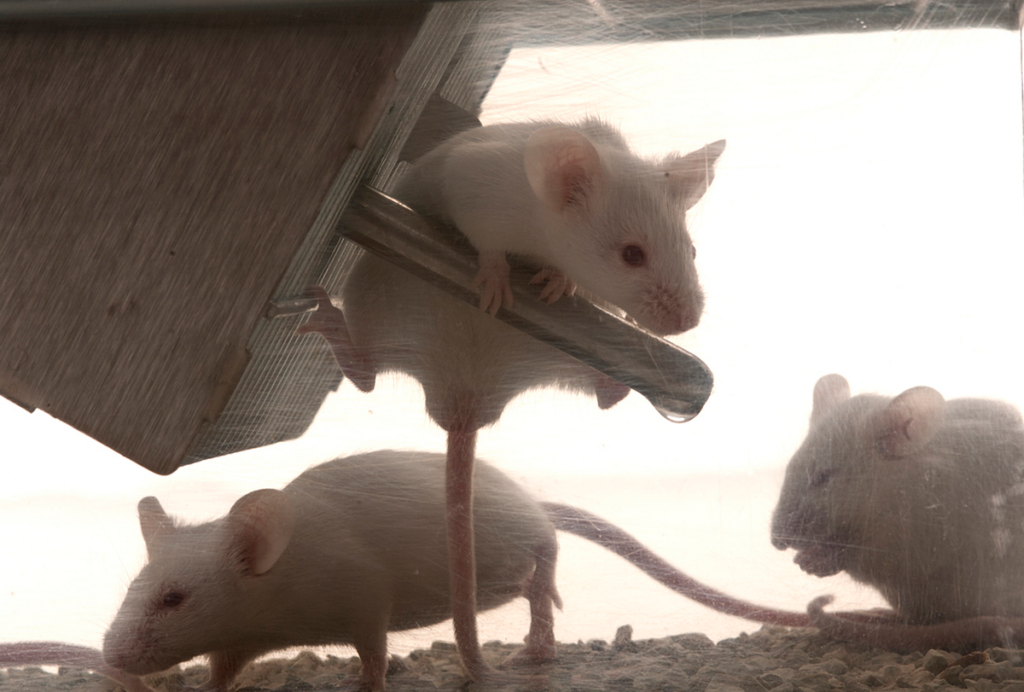CRISPR chronicles; microbiome muddle; love on the spectrum
The fight over who holds the rights to CRISPR is heating up, we control our gut bacteria, and romance isn’t always easy when you have autism.
- The battle over who holds the rights to the gene-editing tool CRISPR continues, and it’s about intensify. On Monday, the U.S. Patent and Trademark Office said it would review the CRISPR patent belonging to Feng Zhang, synthetic biologist at the Broad Institute and the Massachusetts Institute of Technology in Cambridge, Massachusetts.Zhang applied for the patent in October 2013, seven months after biologist Jennifer Doudna of the University of California, Berkeley, filed her own application. Doudna was part of the first team to describe CRISPR’s DNA-cutting abilities in a Science paper published in August 2012.
“This is an absolutely humungous biotech patent dispute,” Jacob Sherkow, associate professor of law at New York Law School, told Nature. “We’re all waiting with bated breath.”
Meanwhile, a British researcher has applied for permission to edit human embryos with CRISPR. Kathy Niakan of the Francis Crick Institute in London says CRISPR could reveal clues about the causes of infertility. The U.K.’s Human Fertilisation and Embryology Authority planned to review the request Thursday, Science reported this week.
- At a time when ‘translational research’ and ‘personalized medicine’ are all the rage, scientists who excel at both basic and clinical research are in high demand.But there’s a supply problem.
An editorial published Wednesday in Science Translational Medicine argues that modern-day M.D.-Ph.D. programs — a grueling endeavor spanning eight years or more — fail to produce innovative clinician-scientists, possibly because the two types of training remain separate. The authors say there has been a steady decline in the proportion of clinician-scientists awarded the Nobel Prize, dropping from more than 80 percent in the early 1900s to less than 30 percent now.
“The downside of this shift is that most basic science discoveries have yet to be translated into therapies and improved patient care,” they write.
The editorial outlines steps to improve mentorship among M.D.-Ph.D. candidates and encourage them to take on innovative translational research.
- Researchers are eyeing the sea of bacteria living inside our bodies as a culprit in a long list of conditions, including autism. But much about the so-called ‘microbiome’ is still being puzzled out.Take, for instance, the long-held theory that bacterial hitchhikers outnumber our body’s own cells 10 to 1. A study posted last week on the preprint server bioRxiv suggests that this ratio is closer to 1.3 to 1. That’s still a big difference in absolute terms, however: The average person is thought to have about 30 trillion human cells and 39 trillion bacteria.
Another new study, published Wednesday in Cell, suggests that fecal microRNA molecules help to shape the microbiome. These microRNAs migrate into our feces from cells that line our intestines. So, in a sense, we control our bacterial buddies through our poop.
“We’ve known about how microbes can influence your health for a few years now and in a way we’ve always suspected it’s a two-way process, but never really pinned it down that well,” Tim Spector, professor of genetic epidemiology at King’s College London, told Scientific American. “This [new work] explains quite nicely the two-way interaction between microbes and us, and it shows the relationship going the other way — which is fascinating.”
- Two clinical trials investigating the drug mavoglurant for fragile X syndrome failed to show any improvement among teenagers and adults with the condition.The drug blocks a receptor for glutamate, a chemical messenger that boosts brain activity. Glutamate signaling is thought to go awry in people with fragile X syndrome.
The results, reported Wednesday in Science Translational Medicine, are disappointing but not surprising. They come nearly two years after Novartis, the drug company developing the drug, announced it would stop producing mavoglurant based on early data from the trials.
- A new documentary highlights the challenges some people with autism face in romantic relationships.“Autism in Love” premiered Monday on PBS. It follows married couple Dave Hamrick and Lindsey Nebeker, 30-somethings on the spectrum who met at an autism conference in 2005. Clips show the couple cuddling, contemplating their quirks and explaining the systems they’ve developed to make things work.
“Sometimes I feel like she’s sad and there’s only so much I can do,” Hamrick told The Washington Post in an interview about the film. “And other times I feel like I should be picking up on her non-verbal signals, and I can’t always accurately decode them. So sometimes I have to probe for the information.”
Recommended reading
Explore more from The Transmitter

Some facial expressions are less reflexive than previously thought



